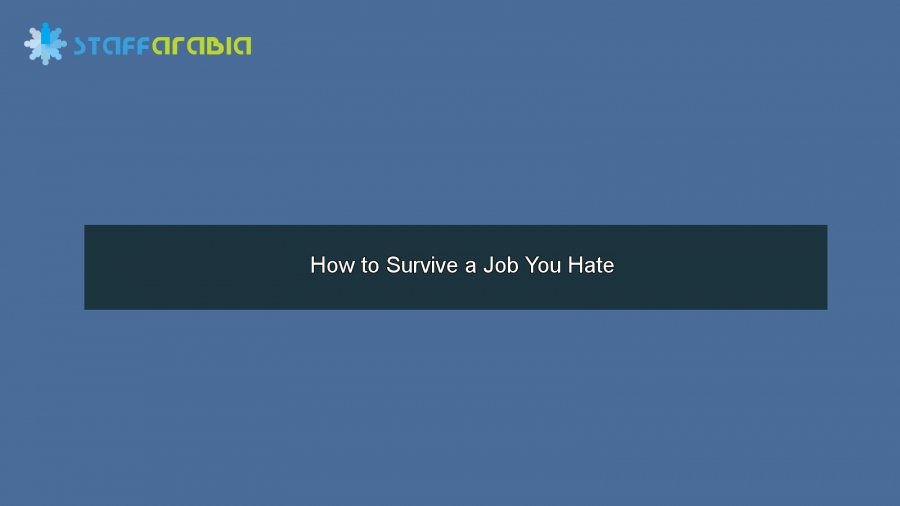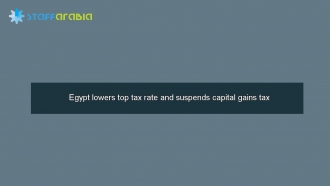
The movie Office Space is a classic for good reason: We’ve all had a job we hated so much we wanted to take the printer out to an open field and smash it with a baseball bat.
Sometimes you’re stuck because you’re waiting for your end-of-year bonus, need health insurance, or simply want your vacation days for an upcoming trip. Even if you’re in the right place, we all go through periods of disenchantment.
In the meantime, here are some dos and don’ts of surviving the daily misery of a job that sucks.
1. Stay engaged.
Do: Evaluate what’s not working. It’s not productive to rant about how much you detest your job without isolating the aspects that really ruffle your feathers. Is the work not challenging enough? Pitch yourself for a promotion or look for a job with more responsibility. Do the people get under your skin? A lateral move might be all you need. Do you long to work with kids, or animals, or spend your time outdoors? Research what it would take to pursue a change of career. Every problem has a different solution. To find the answer for you, identify the source of your strain with as much clarity as possible.
Don’t: Become indifferent. This is a recipe for sleepwalking through the next decade of your life.
2. Break the cycle.
Don’t: Procrastinate. When you’re unhappy, simply getting to the office may feel like work and the inclination is to slack off when you arrive. Five minutes on Facebook leads to 20 minutes reading DailyWorth, but it’s all downhill from there. Before you know it, you’re two hours into the workday with nothing done. This is only going to feed the cycle of angst.
Do: Step back and look at the big picture. There’s a reason you got involved with this company, this field, this industry. Remind yourself of those simple goals, uncomplicated by the things that are bringing you down right now. When in doubt, focus on the work and not the results, as President Obama reminded us in his brilliant (non-political) advice for Vidal during his Humans of New York tour.
3. Create space.
Do: Learn to reset your mood with any number of simple tools. Studies show meditation increases happiness, acceptance, and self-awareness—all valuable traits in figuring out the details of your departure. Other experts recommend a short nap to improve your frame of mind, even if you take it sitting up in your chair. If a nap isn’t feasible, grab a paper and pen. A 2014 Harvard paper confirms that 15 minutes spent writing the lessons and struggles of your day leads to greater engagement, self-efficacy, and productivity.
Don’t: Stew in it. An office with a bad vibe holds dozens of foul-mood triggers, even if you vow to make the best of it. Promise yourself to shake it off instead.
4. Make a plan.
Do: Be ready to leap. Before you consider leaving your current situation, there are concrete steps you can take immediately.
- Make sure you have an emergency fund in the event you want to try freelancing, consulting, or another, less permanent arrangement. This means putting pen to paper to figure out how much money you need in order to stay on track during this gap (six months of living expenses is the general rule of thumb).
- Network. This doesn’t mean advertising that you’re on the market or telling colleagues about your malaise—actions neither your current nor future boss would appreciate. However, making connections with people in your desired industry or dream company is smart business sense.
Don’t: Try to get fired or laid off. This strategy will only hurt you in the long run. It’s a waste of your planning resources, and let’s be honest: You’re better than that.
5. Watch your spending.
Don’t: Put on golden handcuffs. We all know people who resent their jobs, yet with every bonus and raise upgrade their lives. They commit to a larger house, a bigger car payment, or extravagant stuff because they believe these are the rewards for a job that makes them feel empty. In reality, this mindset only ensures they’ll be unable to leave because they rely on that hefty paycheck.
Do: Save (with one splurge). Putting yourself on an aggressive savings plan doesn’t mean you can’t have anything nice. Treat yourself to one thing you covet, a single item you can pay for in full. Then use any extra funds to pay off debt or plan your next business venture. You’ll be restricted in more immediate purchases, but you’ll be buying long-term freedom.
6. Express gratitude.
Don’t: Lose sight of the good things in your life. Experts in science, psychology, and even business praise the benefits of gratitude.
Do: Practice generosity. Send thank-you notes. Help a lesser-known charity. Perform random acts of kindness. A generous act counters the mindset that we’re living in scarcity, which is common when you’re unhappy. Generosity is not just about money—our greatest gifts are time and attention. When we share in this way, we feel empowered and validated, feelings we might be robbed of in a toxic work environment.
















